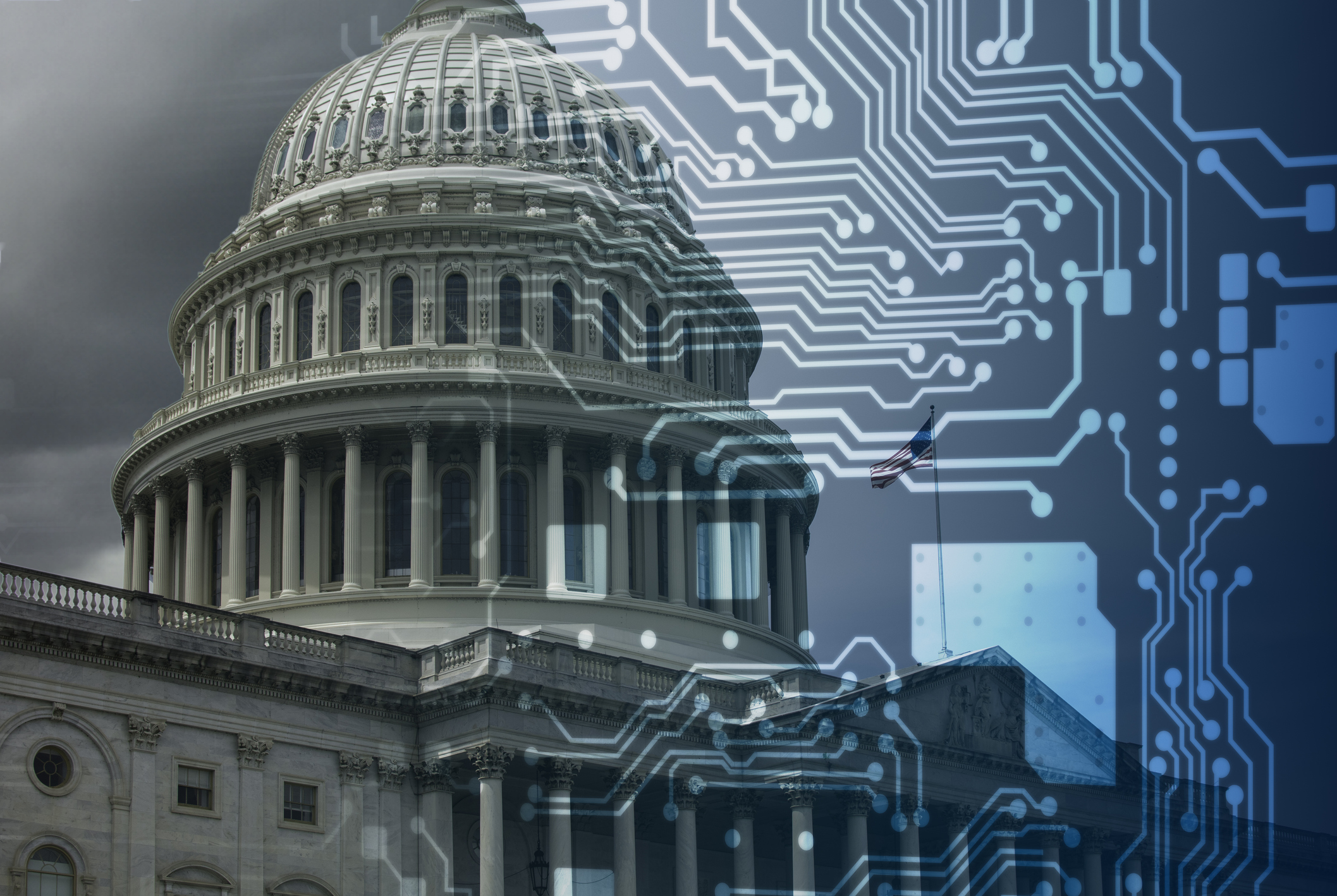State Policy Network’s recent Annual Meeting again included the popular Tech States event, organized by the Center for Growth and Opportunity. It consisted of several panels over a half-day, covering a range of topics in the tech policy world. The event started with “The Techlash,” a session moderated by former Congresswoman Mia Love (Center for Growth and Opportunity) interviewing Ian Adams (International Center for Law and Economics), Jessica Melugin (Competitive Entterprise Institute), and Will Rinehart (Center for Growth and Opportunity).
"Techlash" refers to the growing skepticism many people feel about the role of technology in society – from worries about automation, data privacy, censorship and more. This growing feeling has led to calls for federal or state regulation of big tech companies. While this approach appeals to the idea of doing something to fix a problem, the federal government is generally unable to get things done in an effective manner, and the state-level rules are often not real fixes for the problems they try to solve. For instance, 66% of people polled think the tech sector is too big, but when specific solutions are offered, people give mixed reponses; 33% of people wanting to break up Twitter and 25% wanting to break up Zoom to name a few examples. These “solutions” don’t inherently solve many of the problems people are worried about. Does fragmenting these companies provide better experiences for end users? What would prevent people from moving back to using just one tech platform again?
A general fear motivating calls for “breaking up” big tech is censorship of particular thinkers and political ideas. While there is some substance to this concern, it was pointed out how important it is to keep in mind that we still are in the early stages of tech innovation and policy. As with any other major societal shift, the market will be able to correct itself through the growing pains. State legislators may want to act quickly to earn political points, but they need to act constitutionally, without overreach, and intelligently. One example brought up at the event is the frequently cited repeal of Section 230 of the Communications Decency Act. It may feel good to call for a repeal, but lawmakers ought to keep the First Amendment in mind over this relatively obscure section of tech regulations, and realize that the new problems arising from a repeal of Section 230 would prevent any content moderation on your own platform at all, leveraging compelled speech of sorts. Often government intervention preempts market solutions and effects a wider range of issues than originally intended, with disastrous results.
These unintended consequences often end up harming smaller players in the tech world rather than the big corporations they are meant to restrain. In Europe, much of the tech-related regulation put in place prevents smaller companies from getting off the ground because they have to comply with paperwork and statutes that can take well over a year to complete, effectively killing any new competition against the bigger players. Ironically, this often ends up giving smaller companies only one choice: sell out to a larger, established tech company. This has played out with data privacy regulation in particular.
Another aspect often ignored when talking about breaking up big tech companies is the acumen required to run sites with high traffic and advanced capabilities. People abandoned Myspace due largely to the technical bugs that were never properly fixed. Similarly, Instagram was glitchy and unreliable before being purchased by Facebook. When sites are under high demand, they require good technical backing to run well, and breaking up these companies only serves to diminish those abilities. Real migration to different platforms can happen when markets innovate and people choose to go to new market alternatives rather than coercing platforms to dissolve. Market solutions are starting to implement end-user content ownership, blockchain and other decentralized options which will solve the censorship problems. When services can provide users with data control or utilize technology that makes hosting content less centralized, it becomes less easy for one group of voices to be completely silenced online.
In closing, the panel ended with reiterating the risks of overregulation in the face of new technology growth. It was argued that letting markets provide alternatives with healthy moderation to create choices is more effective than a top-down government approach. As we continue to grow in tech maturity, an emphasis on decentralized online platforms is the best way to reduce worries over censorship and may help reduce many of the concerns from the techlash.





